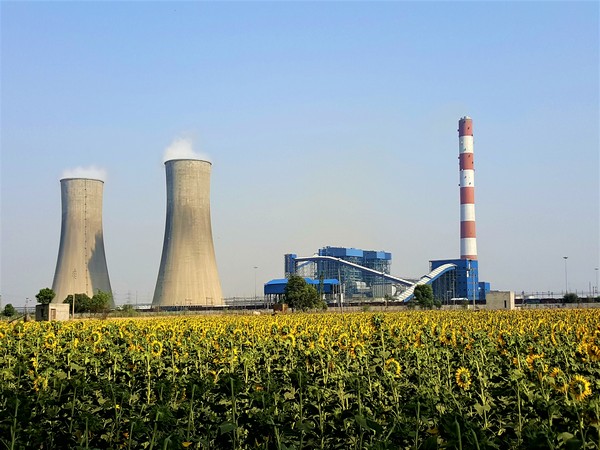EIB and Brenmiller Energy sign €7.5m deal for thermal storage factory in Israel
Brenmiller Energy’s thermal storage system consists of three key elements: thermal storage, heat exchangers and a steam generator, all inside the same unit.

- Country:
- Israel
The European Investment Bank (EIB) and Brenmiller Energy, an Israeli provider of industrial energy storage solutions, have signed a €7.5 million financing agreement to back the company’s construction of the first large-scale factory for its bGen storage unit. The loan will allow the company to commercialise the third generation of its heat storage and steam generator system throughout Europe, North America and Africa, thereby bridging the gap between renewables and conventional power. The transaction is supported by the InnovFin Energy Demonstration Projects facility (InnovFin EDP), which is funded under the European Union’s research and innovation programme Horizon 2020.
Brenmiller Energy’s thermal storage system consists of three key elements: thermal storage, heat exchangers and a steam generator, all inside the same unit. It uses a crushed rock as storage material, guaranteeing high performance and low maintenance over time as well as an environmentally friendly manufacturing cycle. Additionally, the technology can use multiple heat sources such as residual heat or biomass. It can also be charged electrically via embedded electric heaters. On the output side, the storage unit is just as versatile and can provide energy in the form of steam, hot water, air or electricity.
“More and more countries in Europe and around the world are committed to stepping up green electricity generation,” said Thomas Östros, the EIB Vice-President responsible for energy. “While this is certainly a necessary move, renewable energy alone will not solve our climate problem. Energy storage will have to play an equally important role. Only through reliable storage systems can we back up intermittent renewable energy, accelerate the decarbonisation of the electricity grid, improve the security and efficiency of electricity transmission, and also ensure a more secure energy supply. Today’s deal supports a promising technology provider in the field, and I am pleased that the EIB can help this young, innovative company to scale up its production.”
Avi Brenmiller, CEO of Brenmiller Energy added: “The decarbonisation of heat, industrial and district heating is one of the major challenges in the fight against climate change. I believe our unique thermal storage technology will play a significant role in integrating renewables into the industrial segment, thus enabling deeper integration of renewables into the grid. Our cooperation with the EIB is a major milestone in the road towards the full commercialisation of our technology. The EIB’s support will facilitate the fast ramp-up of our production lines to keep up with the increasing demand for our products.”
European Commissioner for Innovation, Research, Culture, Education and Youth, Mariya Gabriel, said: “All forms of energy storage, including thermal, will play a crucial role in our path to a decarbonised energy system. This is our first InnovFin EDP operation in Israel. It represents another success story in the 25-year cooperation between the European Union and Israel in research and innovation, paving the way to closer alignment with EU priorities such as the European Green Deal.”
Thermal energy storage is a cross-cutting technology that will contribute to a green and sustainable energy system by increasing the share of renewable energies, especially solar thermal technologies and power to heat/heat to power concepts; adding operational flexibility to industrial processes; enabling waste heat recovery in industrial processes; and increasing energy efficiency in industrial processes and buildings.
ALSO READ
"43 ghost towns...": Israeli researcher om present situation in Pakistan amid war with Hamas
Legal pressures mount on German policymakers to cut aid to Israel
Israel Targets Aid Convoy in Gaza, Resulting in Tragic Consequences
"We do hear deafening sounds of war all around us": Israeli researcher on living through war with Hamas
"We do hear deafening sounds of war all around us": Israeli researcher on living through war with Hamas










